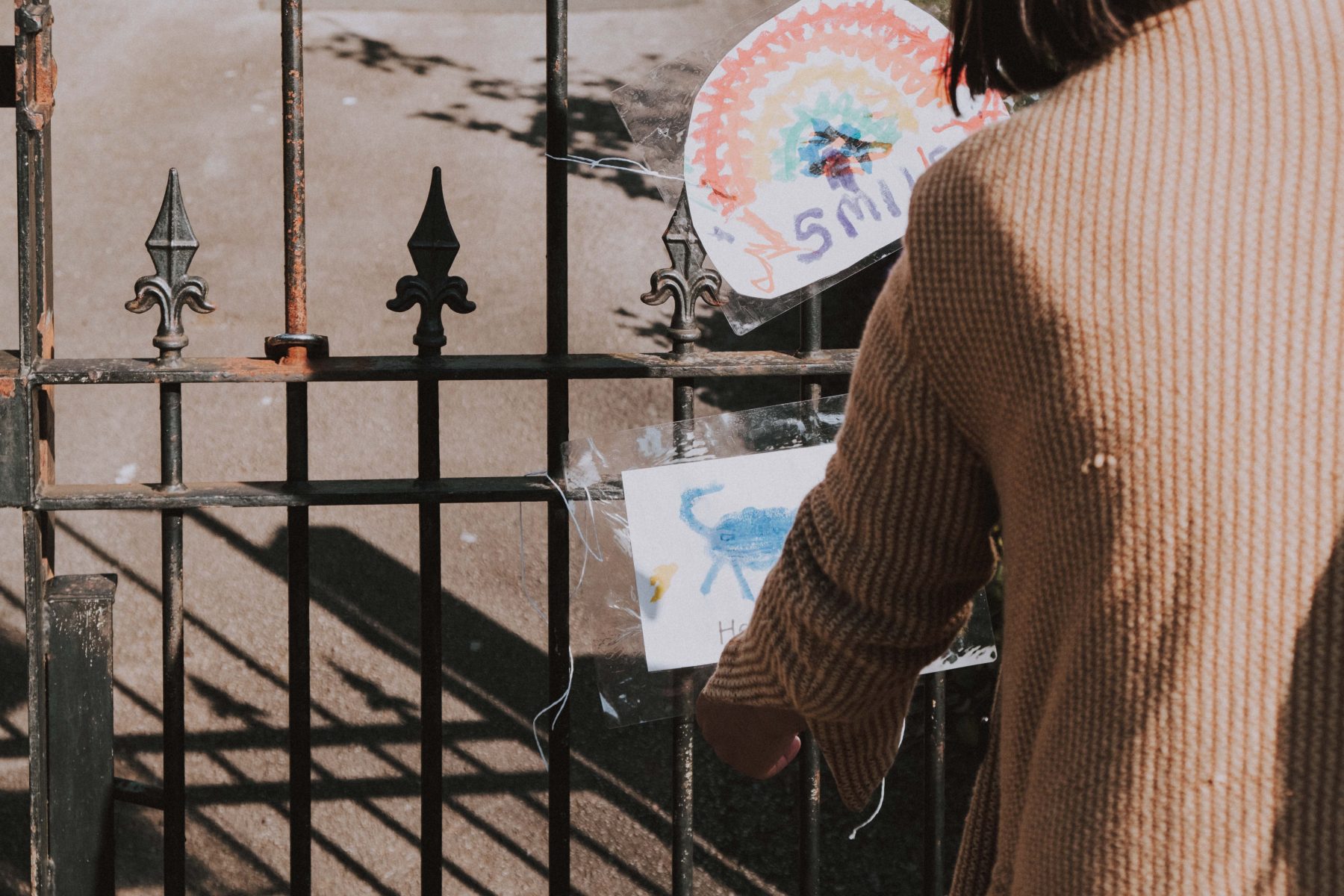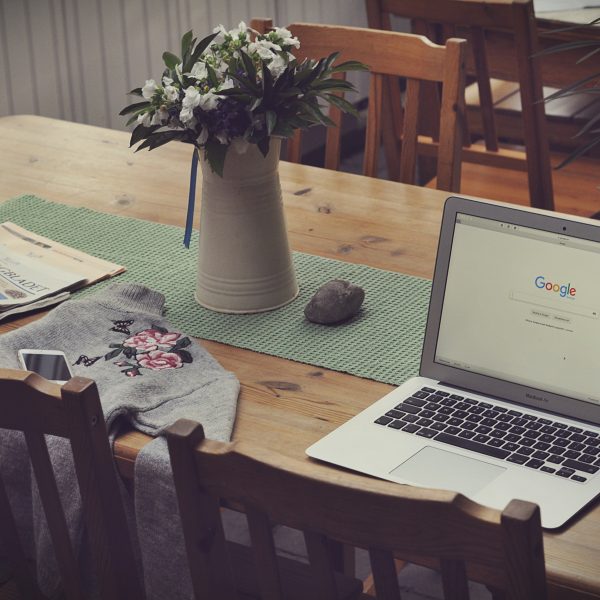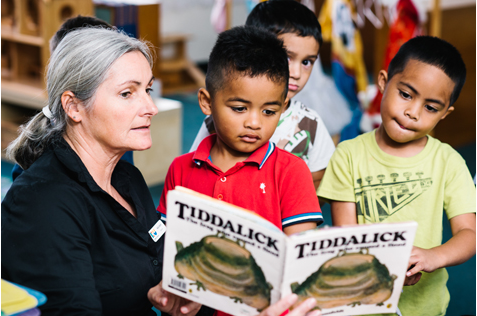COVID-19 lessons from Goodstart Early Learning as country battles Omicron

Australia’s largest provider of early childhood education and care (ECEC), Goodstart Early Learning, has shared the lessons it has learnt from data, information and the personal, individual experiences of front-line educators in response to each wave of the pandemic.
“As essential workers, our teams have had to shoulder the responsibility of keeping children and each other safe while learning about new variants, changing government rules and health advice, and reassuring worried families,” a Goodstart spokesperson said.
Through these challenges, Goodstart has worked to understand the impacts to better manage in-centre positive cases and make changes to the controls it is using to lower transmission as much as possible.
After reviewing many hundreds of COVID-19 cases across the network, and consulting with the teams from 145 centres that had to deal with in-centre cases, the provider has shared the following key learnings:
-
Most transmission is between adults and happens inside
-
Transmission of the virus is mostly airborne
-
Family grouping inside increases the risk of transmission
-
Educators who don’t wear masks (correctly) catch COVID-19 and those who do wear masks correctly typically don’t
-
Staff rooms are a high-risk location for transmission, particularly because they are often small with poor ventilation and staff take off their masks to eat and drink.
In response, Goodstart has taken the following measures to lower the risk in centres where community transmission levels are high:
-
Move to outside drop-off and pick-up and keep the number of adults coming inside the centre to an absolute minimum – and that they are masked when they do.
-
No matter the weather – air circulation is key. Rooms must be ventilated – so keep windows and doors open as much as possible and use fans, HEPA filters and air-conditioners to move and clean air.
-
Move as much learning and play outside as possible
-
Wear masks correctly, and wash and replace them regularly to significantly lower the chances of catching COVID-19.
-
Staff rooms are being closed or centres have strict rules about ventilation and just one person in the space at a time – or better still eat and drink outside.
“Small decisions and thoughtful behaviour really do make the difference,” the spokesperson added.
“We cannot stop COVID-19, that is clear, but teams have successfully limited its spread. There is no one control that will work; it is instigating them all based on the centre environments. Each member of a team needs to take personal responsibility to instigate controls, and teams need to work together to minimise the risks.”
For more information about creating COVID-19 safe working environments in ECEC, please contact your relevant State and Territory office for support.
Popular

Quality
Practice
Provider
Research
Workforce
Honouring the quiet magic of early childhood
2025-07-11 09:15:00
by Fiona Alston

Quality
Practice
Provider
Workforce
Reclaiming Joy: Why connection, curiosity and care still matter in early childhood education
2025-07-09 10:00:07
by Fiona Alston

Workforce
Policy
Quality
Practice
Provider
Research
ECEC must change now, our children can’t wait for another inquiry
2025-07-02 07:47:14
by Fiona Alston













